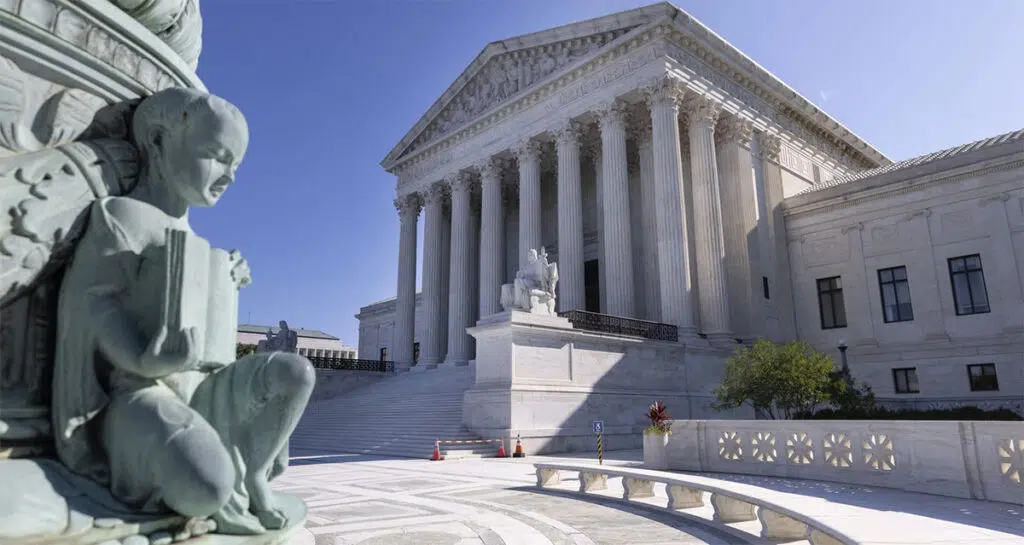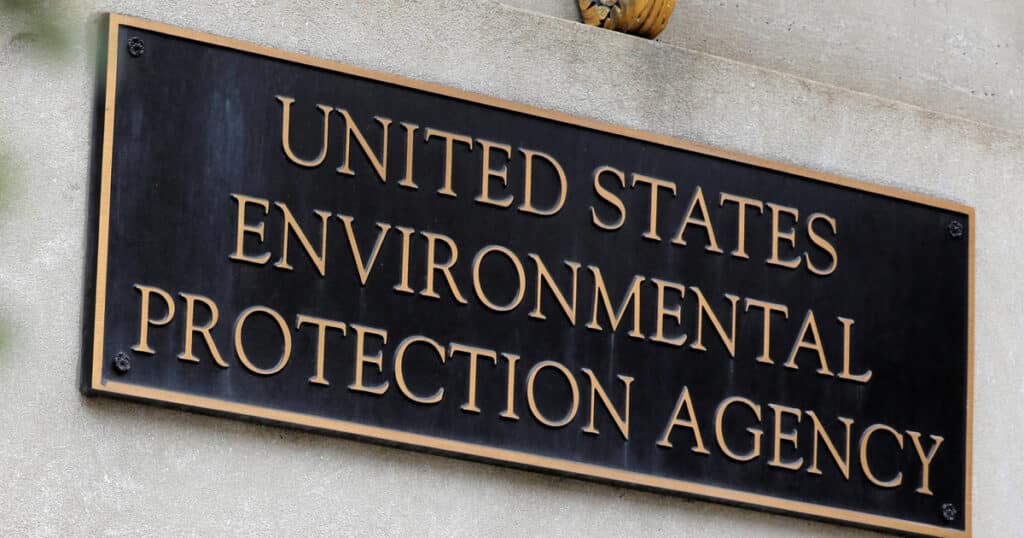
Supreme Court saves Consumer Financial Protection Bureau
The Supreme Court saved the Consumer Financial Protection Bureau on Thursday in a 7-2 vote upholding the constitutionality of the agency’s funding mechanism.
The CFPB was created in 2010 after the Great Recession to serve as a watchdog over financial institutions on behalf of consumers. It was designed to get rid of predatory lending and other financial system abuses. Its funding mechanism is different from other government agencies. For the CFPB, Congress authorized it to draw from the Federal Reserve System an amount that its director deems “reasonably necessary to carry out” its duties. The amount is subject to an inflation-adjusted cap.
Two lenders had argued the funding mechanism violated the Appropriations Clause.
“Under the Appropriations Clause, an appropriation is simply a law that authorizes expenditures from a specified source of public money for designated purposes,” Justice Clarence Thomas wrote for the majority. “The statute that provides the Bureau’s funding meets these requirements. We therefore conclude that the Bureau’s funding mechanism does not violate the Appropriations Clause.”
The CFPB’s first budget was $329 million in 2011, which adjusted for inflation increases to $460.8 million. The CFPB’s 2024 budget was $762.9 million.
President Joe Biden called the decision a win for consumers.
“In the face of years of attacks from extreme Republicans and special interests, the Court made clear that the CFPB’s funding authority is constitutional and that its strong record of consumer protection will not be undone,” Biden said in a statement.
CFPB issued a similar statement.
“For years, lawbreaking companies and Wall Street lobbyists have been scheming to defund essential consumer protection enforcement,” the agency said in a statement. “The Supreme Court has rejected their radical theory that would have devastated the American financial markets. The Court repudiated the arguments of the payday loan lobby and made it clear that the CFPB is here to stay.”
Justice Samuel Alito wrote the dissent. He was joined in his dissent by Justice Neil Gorsuch.
“In sum, the CFPB’s unprecedented combination of funding features affords it the very kind of financial independence that the Appropriations Clause was designed to prevent. It is not an exaggeration to say that the CFPB enjoys a degree of financial autonomy that a Stuart king would envy,” Alito wrote.



